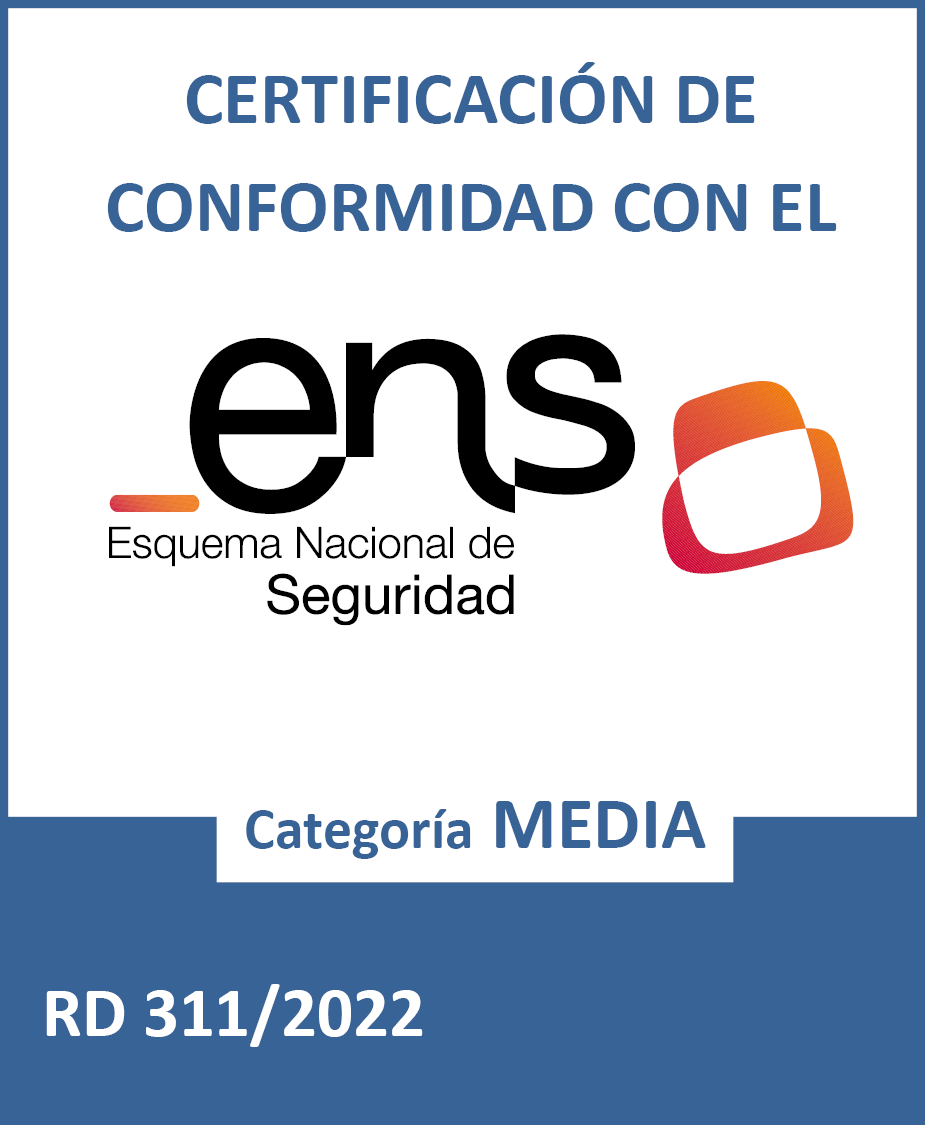COMMUNICATION ON THE POSSIBLE REGULATION OF NEW GAMES
The Gambling Act, Law 13/2011 established basic regulations for games accessed through electronic, computer-related, telematic or interactive means. The law includes the possibility of regulating new games, in order to make it more inclusive and better serve its ultimate purpose; that is, maintaining law and order, combating fraud, preventing problem gambling, protecting the rights of minors and safeguarding the rights of gambling participants.
The Directorate General for Gambling Regulation has decided to begin studying the possibility of regulating new games not yet included in the law. As is known, the ultimate purpose of regulating gambling activities in Spain is to protect users and participants, as well as society as a whole, from the potential adverse effects of this activity.
In this regard, when studying whether to regulate a new game, the following basic criteria must be taken into account:
- Preventing minors from gambling.
- Preventing and avoiding criminal activity: Money laundering, identity theft, credit card fraud, collusion, sports fraud
- Promoting fair and honest gambling
- Providing legal security for gamblers, protecting gamblers' funds, protecting their personal details
- Promoting responsible gambling
- Preventing illegal gambling
The DGOJ is considering regulating two new games in particular: cross betting and online gaming machines (fruit machines). To do this, the Directorate General opens a public consultation period to collect information and empirical data with a view to making a final decision on whether or not these games should be regulated. The Directorate General is open to contributions on the following subjects:
- Whether these games need to be regulated in relation to the aforementioned ultimate objectives of the Spanish regulation. Specifically, the extent to which their regulation or lack thereof would help reach said objectives.
- If you consider it unnecessary to regulate either or both games, we would like to know what are the possible equivalent alternatives for reaching the aforementioned goals of the regulations.
- If you consider it necessary to regulate either or both games, analyse the costs and benefits, quantify their impact and evaluate any potential direct and indirect effects they may have on society as a whole.
- Examples and empirical proof of best practices at the international level with respect to these types of games.
All arguments expressed in the contributions sent to this Directorate General must be supported by empirical evidence; mere opinions or a priori appreciations on the subject will not be considered.
The Directorate General for Gambling Regulation invites participants from the gambling industry, gamblers and problem gamblers associations, gambling research centres and public bodies linked to the sector, as well as anyone willing to take part in an open and transparent debate.
The period for receiving contributions is 21 days from the date of publication of this communication on the Directorate General website. The results will then be studied for 45 days. Once this period has concluded, the Directorate General will inform whether the games will be presently regulated or not.
You may send your contributions to the following email address dgoj.dgeneral@minhap.es
Madrid 13 February 2013.
If you want look for any news, you can use the News Searcher










